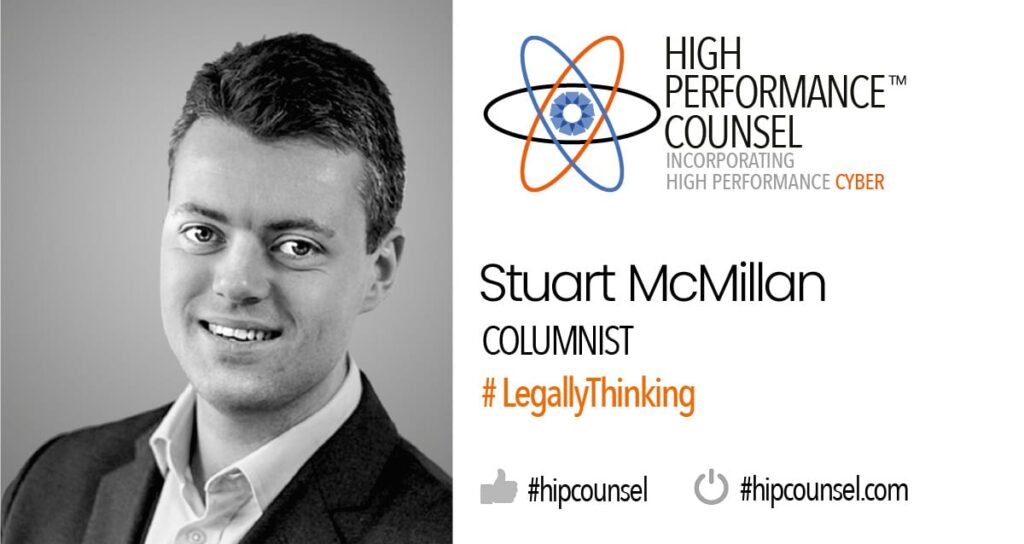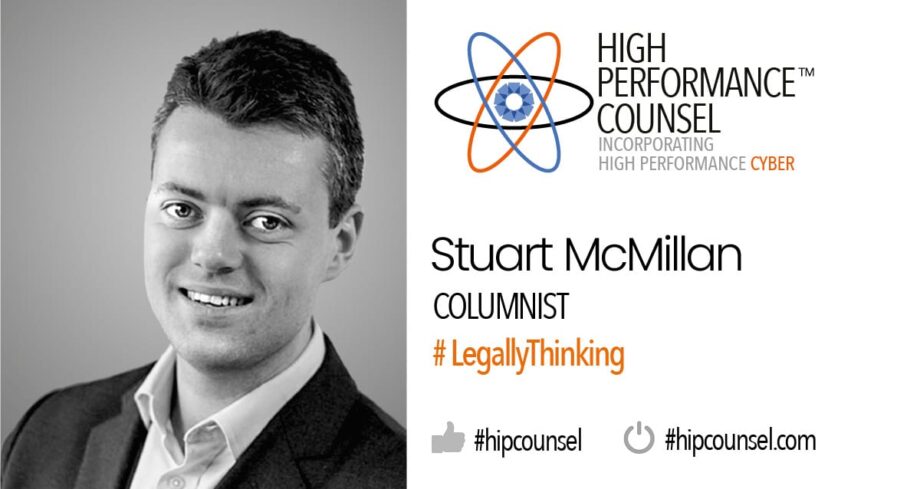What sort of innovation does the legal world need both to progress and keep its clients happy? In a recent article, Richard Tromans argues that however disruptive new legal tech has been, in reality the legal services sector is settling into a complementary relationship where technology makes existing processes more efficient, rather than replacing them altogether. He has a point. If we accept the ‘four types of innovation’ theory it is sustaining innovation, not disruptive, that the industry needs to enable it to take the next leap into the future.
In 2018, the UK Jurisdictional Taskforce (UKJT), part of the LawTech Delivery Panel, published its paper on cryptoassets and smart contracts under English Law. Seen as groundbreaking by the legal community, it determined that smart contracts are capable of satisfying the conditions of forming contracts under English law, and are therefore enforceable by English Courts.This small development spells huge positive change for the legal industry in the UK. The reason for this is because a new technology has been given the regulatory ‘thumbs up’ and its utility has been defined. When this happens to a technology that makes working life easier, it becomes indispensable.
One year after the UKJT’s paper was released, the Law Commission published a call for evidence on smart contracts. It talks of many ‘emerging technologies’ but makes the point that the most relevant to its work is the one that allows lawyers to use AI to record and perform the obligations of a legally binding contract. As it was with the internal combustion engine in that the concept was great but it took off because it helped get people from A to B, whilst the blockchain technology behind smart contracts is impressive it is what it can do for lawyers and clients that means it is relevant.
In the courtroom, updates to protocol have gone some way towards recognising eBundles as a viable — or preferable — alternative to paper. Judicial guidance was thankfully forthcoming following the shift to remote hearings at the onset of the pandemic, and guidance for barristers was issued by the Bar Council, allowing the profession to hit the ground running. Here again, clear guidance and protocol on how to use new technology has led to more benefits for the profession. Time and effort saved on printing and bundling means the cost does not get passed on to the client and ushers and judges are not required to lug numerous lever arch folders around their courts.
The digitisation of barristers’ chambers is another good example of new tech properly utilised. In the UK, where barristers are tenants in association with each other, the question has been raised as to how you make a Victorian institution fit for the 21st Century. Chambers are increasingly turning to AI and automated tools to make filing and digitisation of documents easier and to more effectively gather data and handle accounts, thereby allowing the management of their organisations to modernise. One chambers has even employed the services of an AI ‘clerk’ to handle some of its affairs and gather data on how to help members of the public find their ideal barrister.
Spending energy on perfecting existing processes can have wider impacts for access to justice and seeing that disputes are well handled. The rise of Online Dispute Resolution (ODR) is a good example of how taking an established process and putting it online can offer huge benefits in bringing down backlogs in the courts and helping clients to resolve their claims in good time and at good cost. Putting disputes, particularly small claims, on the track towards online mediation or arbitration can save both the parties and the courts a lot of trouble.
Small jumps like this can offer huge gains for the legal services industry. Although innovators themselves are always reaching for the firmament, it is hard to imagine what might happen if advanced AI and deep learning ever came into its own and a machine could develop computational abilities that mimic the neural pathways of the human brain. If this did happen, the benefits to the legal industry are not immediately identifiable. In any case, it is hard to argue that the human element could ever be discounted entirely, but it is better left to theoreticians and science fiction writers as to whether the empathy of the human mind could be programmed into the purely artificial nature of an AI mind.
Innovation is what we all hope for to make our lives easier, but in the legal services industry it is the utility of a new product or process and the defined benefits that make it attractive to practitioners. No doubt if AI keeps getting smarter, those behind such advances will need to demonstrate what lawyers can get out of them if they want to see their concepts taken up on a commercial scale.
All opinions are my own.

Stuart McMillan | Policy Analyst: Bar Council
Stuart’s work at the Bar Council includes working on new and ongoing efforts to improve the practising lives of barristers. He works with HM Courts and Tribunals Service on their court reform programme and is responsible for the IT Panel, with a focus on new data regulations, LegalTech and AI, and the Alternative Dispute Resolution Panel, where he helps to promote the use of arbitration and mediation as effective methods of dispute resolution across the Bar.



Leave A Comment?